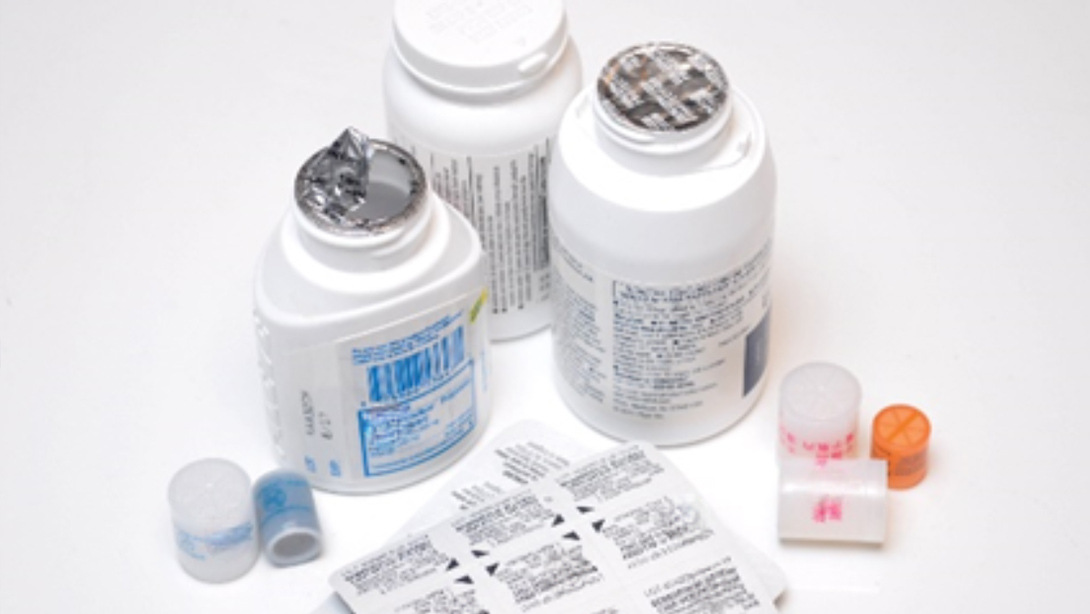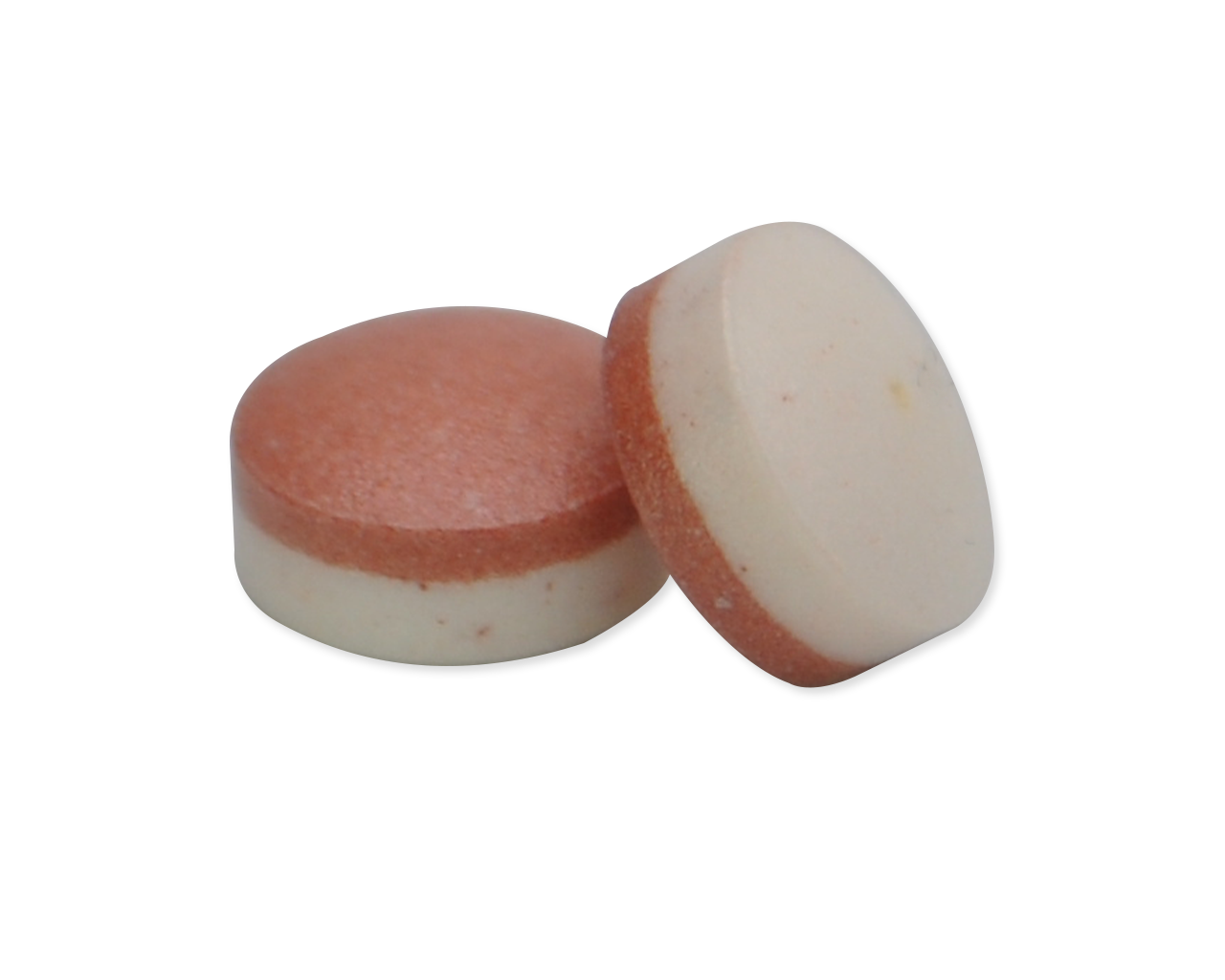Top 4 Reasons to Outsource Your Film Coating

Modern consumers take film coating for granted, but make no mistake: it’s important to them. One study found that 79% of respondents with a preference for either coated or uncoated preferred the film-coated tablet because it was "smoother" and "easier to swallow."
This article delves into the top four reasons why outsourcing your film coating process can be a strategic move for pharmaceutical companies. We explore how outsourcing addresses technical and manufacturing challenges, ensures uniform coating, and balances cost with quality.
Read more:
- How Film Coating Improves Drug Efficacy and Boosts Patient Compliance
- Film Coated Tablets: A Guide to the Pharma Coating Process
4 Reasons Why Outsourcing the Film Coating Process Addresses Technical and Manufacturing Challenges
In the pharmaceutical industry, the process of film coating presents a series of intricate technical and manufacturing challenges. Each stage of this process demands precision, innovation, and a careful balance between quality and cost-efficiency.
To successfully navigate these challenges, pharmaceutical companies must adopt strategies that prioritize uniform coating, cost-effective materials and processes, simplified formulations, and the integration of advanced technology.
In these cases, you need a partner with the facilities and the experience to do this work properly. Here’s four reasons why.
Reason No. 1: Ensuring Uniform Coating
Achieving a uniform film coating is fundamental for consistent drug delivery and overall efficacy of the medication. Uniformity in coating not only affects the release patterns of the active pharmaceutical ingredients but also ensures the stability and integrity of the tablet.
Companies must invest in precise application techniques and high-quality coating materials to attain this uniformity. Regular quality checks and process control measures are essential to maintain consistent standards throughout the production batches.
Reason No. 2: Balancing Cost and Quality
In film coating, the dichotomy between cost and quality is ever-present. Selecting appropriate materials and processes that align with budget constraints without compromising the product’s effectiveness is a delicate balance.
Companies need to conduct thorough cost-benefit analyses to choose materials that provide the best value for their money. Additionally, investing in process optimization can lead to long-term cost savings without sacrificing the quality of the final pharmaceutical product.
Reason No. 3: Simplifying Formulation and Process Design
Simplification is key in addressing the complexity inherent in film coating processes. By streamlining the formulation, companies can ensure consistent quality and minimize manufacturing errors.
This simplification involves selecting excipients that are compatible and efficient in the film coating process. Furthermore, simplifying the process design can enhance the scalability and repeatability of the production, ensuring quality across different manufacturing scales and locations.
Reason No. 4: Embracing Technological Advancements
The adoption of advanced technology plays a pivotal role in enhancing the efficiency and scalability of film coating processes. Modern equipment and techniques, such as automated coating systems and real-time monitoring tools, allow for greater precision and control.
These technological advancements not only improve the quality of the coating process but also increase production throughput, thereby meeting the high demands of the pharmaceutical market.
Closing Thoughts
The decision to outsource film coating is not just about delegating a manufacturing process; it's a strategic move towards excellence in pharmaceutical production. By addressing technical challenges, ensuring uniformity in coating, and balancing cost with quality, outsourcing presents a path to enhanced efficiency and product superiority.
Furthermore, partnering with specialized coating experts opens doors to innovation, compliance, and risk management, contributing significantly to the success of pharmaceutical products.
As the industry continues to evolve, the collaboration between pharmaceutical companies and coating experts will remain a cornerstone in the journey towards developing safe, effective, and accessible medications.



